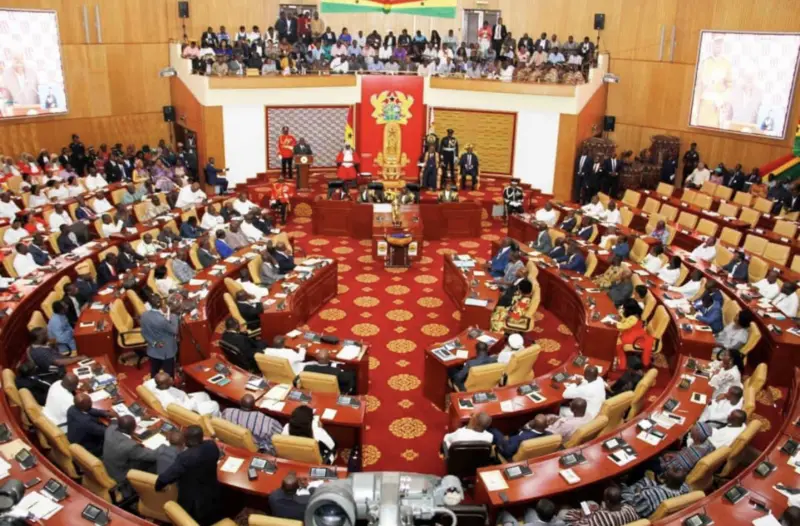The Ghanaian Parliament has passed the Affirmative Action (Gender Equality) Bill, 2024.The President gave his assent to the Bill, solidifying it as the Affirmative Action (Gender Equality) Act, 2024.

The Bill aims to address and correct gender imbalances across various sectors of the Ghanian society.
As contained in a widely shared 37-pages document “the Act’s primary objective is to achieve gender equality in political, social, economic, educational, and cultural spheres. It mandates the government to set progressive targets in line with international conventions and regional agreements to which Ghana is a signatory.
The document explained that to redress the existing gender imbalances, the Act requires the government to promote policies and programs that facilitate the full integration of women into all development areas in both public and private sectors.p
The Act outlines directive principles for achieving gender equality and mandates the government to take necessary measures for women’s full integration into development. Furthermore, it enforces international obligations on gender equality as applicable and consistent with the Constitution.
A significant feature of the Act is the establishment of the Gender Equality Committee. This committee, chaired by the Minister or their representative, will consist of representatives from various ministries, commissions, and organizations focused on gender issues. The committee is tasked with ensuring the effective implementation of the Act.
The Act emphasizes gender equality in governance and decision-making across the public service, security services, judiciary, and parliament. It aims to create a balanced representation of genders in these critical areas, ensuring fair and inclusive decision-making processes.
In a move towards financial inclusivity, the Act mandates gender-responsive budgeting in all government sectors. This means that government budgets will be planned and evaluated based on their impact on gender equality.
The Act extends its reach to the private sector, requiring companies to produce gender equality reports and comply with the Act’s provisions. To encourage compliance, the Act includes incentives for private sector organizations that meet gender equality targets.
The Act provides a structured grievance resolution procedure and emphasizes cooperation with public and private institutions to promote gender equality. It also mandates data collection to monitor progress and ensure transparency.
It also includes detailed schedules outlining the process for measuring compliance, international conventions, and strategies for achieving gender equality in public service and the judiciary. It provides for the creation of regulations to support its implementation and outlines offenses for non-compliance.
The Affirmative Action (Gender Equality) Act, 2024, marks a significant step towards achieving gender parity in Ghana. By setting progressive targets and enforcing international obligations, the Act aims to create a more inclusive and equitable society.

